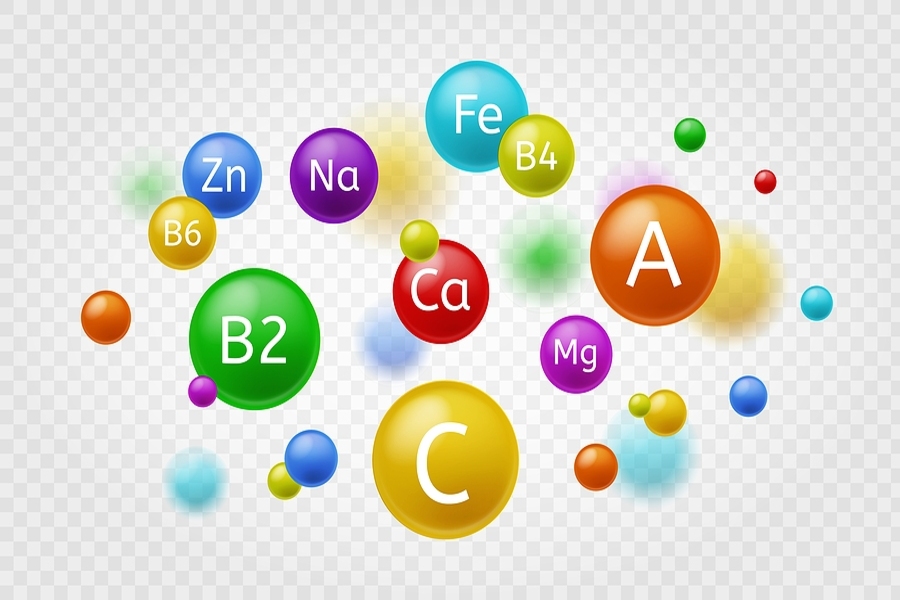Introduction: Millions of individuals throughout the world suffer from the common dietary shortfall known as iron insufficiency. Even while it might not always grab attention, it has a big impact on people’s health and well-being. We will examine the origins, signs, and treatments for iron deficiency in this blog, putting light on a problem that frequently goes undiagnosed.
Importance of Iron
The body needs iron, a vital mineral that has several important functions. It is an essential constituent of hemoglobin, the protein in red blood cells that carries oxygen from the lungs to every area of the body. Additionally, essential for several metabolic activities, including DNA synthesis and the creation of energy, is iron.
Causes of Iron Deficiency
Iron deficiency is a condition in which the body is unable to satisfy its iron requirements. A multitude of factors can contribute to this deficit:
Inadequate Dietary Intake: Not receiving enough iron from your diet is one of the main causes. This is particularly prevalent in people who follow strict diets, such as vegetarians or vegans, who may not eat enough items high in iron, like red meat.
Poor Iron Absorption: Some medical problems, including celiac disease or inflammatory bowel disease, can make it difficult for the body to absorb iron from food, which can cause a deficiency.
Blood Loss: Iron levels can be significantly depleted by severe blood loss caused by frequent or heavy periods, gastrointestinal bleeding, or surgery.
Increased Iron Requirements: Children in growth, babies, and pregnant women all need more iron. Deficiency may form if their nutritional intake is insufficient to meet these heightened needs.
Symptoms of Iron Deficiency
Iron deficiency can present in a variety of forms, and its symptoms can range from mild to severe. Common signs include:
Fatigue: Feeling unusually tired or weak is often the first noticeable symptom of iron deficiency.
Pale Skin: The lack of oxygen and low hemoglobin levels causes a pale or “washed-out” complexion.
Cold Hands and Feet: Cold extremities can result from poor circulation brought on by an iron shortage.
Brittle Nails: Iron deficiency can make nails brittle and prone to breaking.
Difficulty Concentrating: Reduced oxygen delivery to the brain can affect cognitive function, leading to difficulty concentrating and even memory problems.
Headaches and Dizziness: Insufficient iron can cause headaches and dizziness, especially when standing up quickly.
Preventing and Treating Iron Deficiency
A balanced diet that includes iron-rich foods including lean meats, chicken, fish, beans, lentils, tofu, spinach, and fortified cereals will help prevent iron deficiency. Iron absorption can be improved by consuming these foods along with vitamin C-rich foods like citrus fruits.
Treatment for those with iron deficiency is frequently the prescription of iron supplements by a medical expert. To ensure safe and efficient supplementation, it is essential to adhere to their recommendations.
For long-term health, it may be important to address the underlying causes of iron deficiency, such as managing heavy monthly flow or treating an underlying medical condition.
A common problem, iron deficiency can have significant negative impacts on one’s physical and mental health. Understanding its causes and recognizing its symptoms are important first steps in prevention and therapy. You may promote your general health and maintain appropriate iron levels by eating a balanced diet that is high in iron-rich foods and seeking medical advice if needed. Consult a healthcare professional for an accurate assessment and treatment if you believe you may have an iron shortage.





